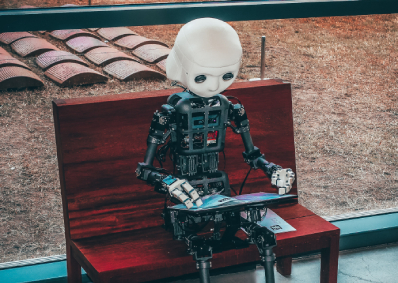Artificial intelligence (AI) has become a popular term in recent times, and it is evident that it has already caused significant changes across multiple sectors. From medicine to finance, AI has transformed our lifestyles and work. Nonetheless, the increased use of AI technologies has raised concerns about the possibility of replacing human workers in specific fields.

Subtitle
One of the major benefits of AI is its capacity to automate repetitive duties rapidly and efficiently. For example, robots have been deployed for decades to carry out tasks such as assembly and welding in manufacturing industries. AI can now perform more intricate tasks previously assumed impossible for machines due to advances in machine learning and natural language processing. As AI advances, it is possible to envision a future where machines can replace humans in domains such as logistics and transportation. Self-driving cars are already being tested globally, and drones are progressively employed in making deliveries. These technologies have the potential to cut labor costs significantly while enhancing productivity. Nonetheless, although some jobs may face a risk of automation due to AI progress, it does not imply that all jobs will disappear. There will always be a need for human proficiency in areas such as problem-solving, critical thinking, and creativity - skills that machines cannot simulate. In conclusion, while it is correct that AI will have a substantial impact on the job market in the years ahead, it is improbable that it will replace human workers entirely in specific sectors. Instead, our focus should be on how we can work hand-in-hand with these technologies to maximize their benefits while minimizing their negative impacts on society.







